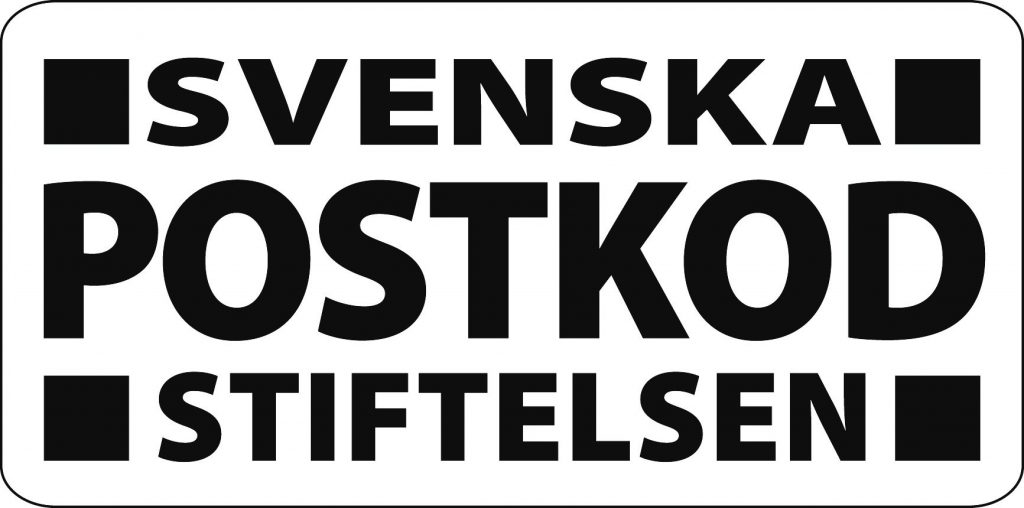2021 JusticeMakers / African Access to Justice (AA2J) Fellows
IBJ has established the African Access to Justice (AA2J) Women’s Network to directly support African women lawyers to defend and provide due process under the law to incarcerated women and girls in ten countries in Africa: Burundi, DRC, Côte d’Ivoire, Kenya, Niger, Rwanda, Senegal, Tanzania, Tunisia and Zambia. Each Fellow will launch and build a local country Network chapter linked to the broader AA2J pan-African community of women legal defenders. This AA2J initiative also builds leadership opportunities for African women lawyers in places where bar associations remain overwhelmingly male-dominated.

Mwinji Siwale (Zambia), a dedicated young lawyer with three years of experience, currently serves as a Staff Attorney for the Undikumbukire Project in Zambia. Specializing in juvenile legal services, Mwinji has tackled cases from petty crimes to those with severe penalties, including mandatory capital punishment. Her project, “Hope Project,” aimed to enhance legal representation for women and girls in conflict with the law and address the challenges faced by illegal immigrants in Zambia. Through collaborations with police officers, legal clinics in prisons, and targeted visits to police stations, Mwinji established a network of 10 pro bono women lawyers who collectively handled 112 cases. This initiative not only increased awareness of gender-based injustices but also demonstrated the impact and capability of women lawyers in a traditionally male-dominated field. Read More
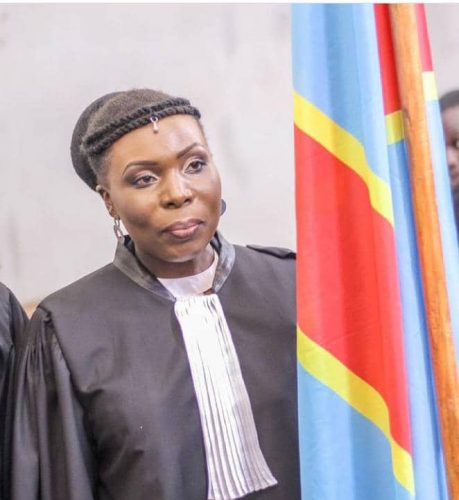
Joëlle Munyerenkana Shabani (DRC), a defense lawyer at the South Kivu Bar and Program Assistant at DR Congo Bridges to Justice, is dedicated to providing legal aid to vulnerable and detained women in the DRC. With a specialization in judicial assistance for children and extensive experience in human rights, Joëlle has significantly contributed as a consultant, researcher, and trainer. Joëlle’s project, “A chaque femme en détention une avocate pour assistance,” empowered nine women lawyers to represent 86 women and girls in conflict with the law, fostering a collaborative network dedicated to advancing women’s rights and enhancing legal support for indigenous communities in remote areas. Read More

Maria Matui (Tanzania)’s project in Dar es Salaam tackles the shortage of lawyers specializing in vulnerable women and girls facing legal issues. By collaborating with local authorities and establishing a referral system, Maria’s initiative created a network of professional bodies and a new chapter of women lawyers dedicated to pro bono legal aid. This project provided legal assistance to 72 women, with ongoing cases. Maria also leveraged radio programs to raise awareness about gender-based violence and foster community support for the legal system. Read More
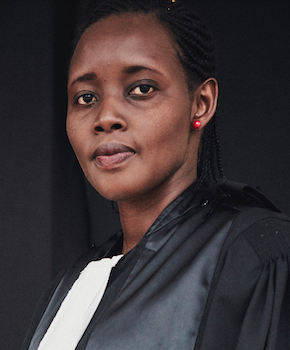
Fidès Nibasumba (Burundi), a dedicated business law professor and criminal law expert, is leading a transformative project in Burundi to provide free legal assistance to indigent detainees, particularly women with infants. Through her fellowship with IBJ, Fidès has created a network of 25 women lawyers who offer pro bono legal aid, focusing on early access to justice and rights awareness for abused and detained women. Her efforts have resulted in successful legal outcomes for 56 women and a significant prison awareness campaign, ensuring freedom and justice for both the mothers and their children. Read More

Hend El Feki (Tunisia) is a lawyer with expertise in business, labor, commercial, civil law, and criminal proceedings, and has been an active member of the United Association of Young Lawyers’ executive board, responsible for training and conferences. Her project aims to enhance legal aid for women in Tunisia by collaborating with the Tunisian Association of Young Lawyers and the Bar Association to recruit female lawyers. Hend will also partner with governmental and non-governmental organizations to develop a referral network for pro bono legal representation. This network will ensure timely legal aid for women in need by presenting it to the judiciary and securing a convention for prompt referrals. Read More

Enricah Dulo (Kenya), a prominent Nairobi-based lawyer and founding secretary of the Kenya Lady Law Firm Practitioners Society, is spearheading a crucial project to combat the lack of legal representation for women in conflict with the law. Through her firm, E. Dulo & Associates Advocates, and in collaboration with a national chapter of 10 dedicated women lawyers, Enricah provides pro bono legal aid to women arrested by Nairobi City County officers. Despite the challenges posed by COVID-19 and recognition issues, her project has successfully represented 218 women and girls, significantly raising awareness about their legal rights and becoming the first group to offer such aid at the Nairobi City Court. Read More
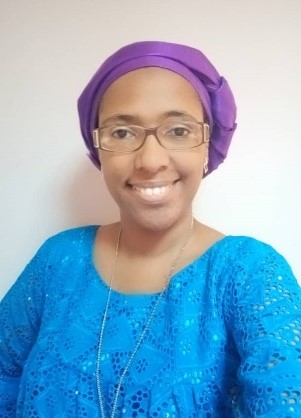
Nafissatou Alfidja (Niger), an associate at SCPA Mandela Law Firm in Niamey, Niger, has participated in several defense caravans for criminal trials and anti-terrorist unit sessions involving minors. Her project, “Caravane de la Défense des Femmes et Jeunes Filles Mineures,” focused on increasing legal rights awareness for accused women and girls during arrest, interrogation, investigation, and trial. By coordinating efforts among various organizations and establishing a national chapter of women lawyers, she enhanced the capacity to represent vulnerable women and girls effectively. The chapter represented 66 individuals, including 54 women and 12 girls, and raised awareness through 6 press releases, distinguishing the AA2J project in the region. Read More
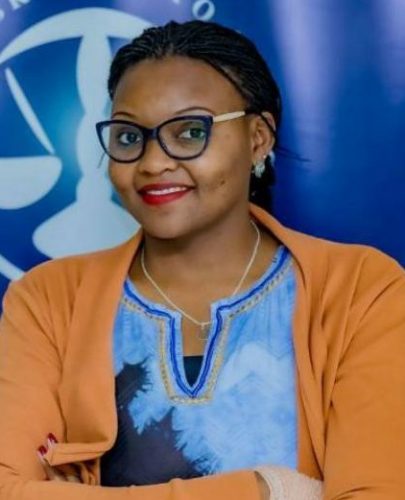
Joëlle Kabagambe (Rwanda), a dedicated Fellow at Rwanda Bridges to Justice (RBJ) and Mentor for the African Access to Justice Women’s Network, spearheaded a transformative project to support women in conflict with the law. Despite the challenges of COVID-19, Joëlle established a national network of 10 women lawyers dedicated to providing free legal aid. Her project focuses on assisting vulnerable women, particularly single mothers struggling to care for their children while facing legal battles. By fostering collaboration with prison services and various advocacy organizations, Joëlle’s initiative has successfully represented 70 women, creating a robust support network for current and future women lawyers in Rwanda. Read More

Ramatoulaye Ba (Senegal), founder of RB LEGALIS, initiated the “Ne Plus Être Oubliées” project to combat justice inequalities faced by women in Dakar, Senegal. Collaborating with police, judiciary, and prison administrators, she improved lawyer-detainee communication and provided legal assistance. Ramatoulaye established a national chapter of 10 female lawyers, each committed to aiding seven clients, successfully representing 70 women with positive outcomes. The project’s successes were shared on social media, and partnerships were formed with women’s prison social services, the Association of Senegalese Jurists, and a YMCA program. Read More
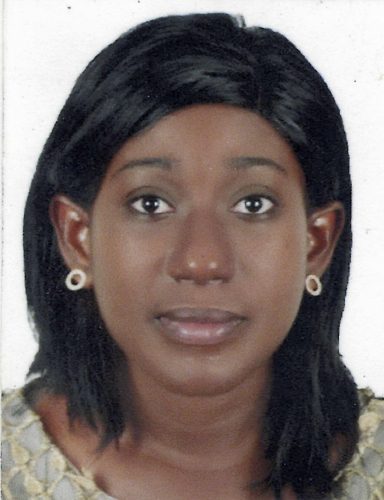
Carine Oupoh (Côte d’Ivoire), an associate lawyer in Abidjan, Ivory Coast, is dedicated to addressing legal challenges faced by women and girls. Her project, “Justice for Women and Girls,” focuses on enhancing legal representation for victims of forced marriages and sexual violence. By collaborating with the Ministry of Justice and local authorities, Carine aims to create a referral system that identifies women and girls in need of legal aid and connects them with a network of women lawyers. This initiative strives to provide robust legal defense and combat gender-based violence in Ivory Coast. Read More
